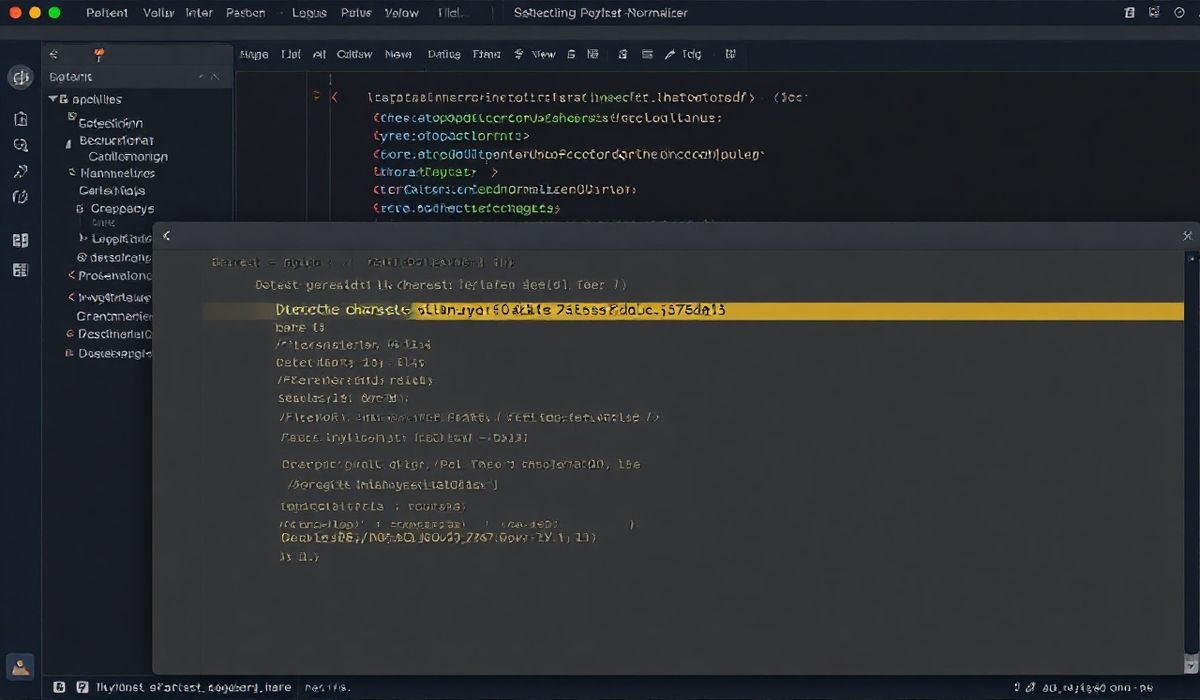Introduction to Babel Plugin Transform
Babel is a powerful toolset for JavaScript developers, allowing them to use the latest features of the language while maintaining compatibility with older environments. One of the most useful tools within Babel is the “babel-plugin-transform” set of plugins, which enable developers to transform their JavaScript code in a multitude of ways.
In this guide, we will introduce you to several useful Babel transform plugins and demonstrate their capabilities with code snippets. Additionally, we will build a sample application utilizing these plugins to illustrate their practical applications.
API Examples
1. @babel/plugin-transform-arrow-functions
This plugin transforms ES6 arrow functions into the equivalent ES5 code. Example:
// ES6
const add = (a, b) => a + b;
// Transformed ES5
var add = function(a, b) {
return a + b;
};
2. @babel/plugin-transform-classes
This plugin converts ES6 classes into ES5 functions. Example:
// ES6
class Rectangle {
constructor(height, width) {
this.height = height;
this.width = width;
}
}
// Transformed ES5
function Rectangle(height, width) {
this.height = height;
this.width = width;
}
3. @babel/plugin-transform-template-literals
This plugin transforms ES6 template literals into string concatenation. Example:
// ES6
const name = 'World';
const greeting = \`Hello, \${name}!\`;
// Transformed ES5
var name = 'World';
var greeting = 'Hello, ' + name + '!';
4. @babel/plugin-transform-spread
This plugin converts ES6 spread syntax into ES5. Example:
// ES6
function myFunction(x, y, z) { }
const args = [0, 1, 2];
myFunction(...args);
// Transformed ES5
function myFunction(x, y, z) { }
var args = [0, 1, 2];
myFunction.apply(null, args);
Sample Application
Now let’s create a simple app that uses some of these Babel plugins.
// Original ES6 Code
class Person {
constructor(name, age) {
this.name = name;
this.age = age;
}
greet() {
return \`Hello, my name is \${this.name}.\`;
}
}
const user = new Person('John Doe', 30);
console.log(user.greet());
const nums = [1, 2, 3, 4];
const sum = (a, b, c, d) => a + b + c + d;
console.log(sum(...nums));
Using the Babel transform plugins, the above code gets transformed to:
// Transformed ES5 Code
var Person = function(name, age) {
this.name = name;
this.age = age;
};
Person.prototype.greet = function() {
return 'Hello, my name is ' + this.name + '.';
};
var user = new Person('John Doe', 30);
console.log(user.greet());
var nums = [1, 2, 3, 4];
var sum = function(a, b, c, d) {
return a + b + c + d;
};
console.log(sum.apply(null, nums));
With these transformations, your code remains compatible with older JavaScript environments while leveraging modern syntax and features.
By utilizing Babel and its transformation plugins, you can write cleaner, modern JavaScript code without worrying about browser compatibility issues. These transformations ensure that your codebase remains forward-compatible and maintainable.
Hash: b9f3a797db244465d514f2d3d3b347a9a3b8573f2636135b49bab5f6aaaa851f




